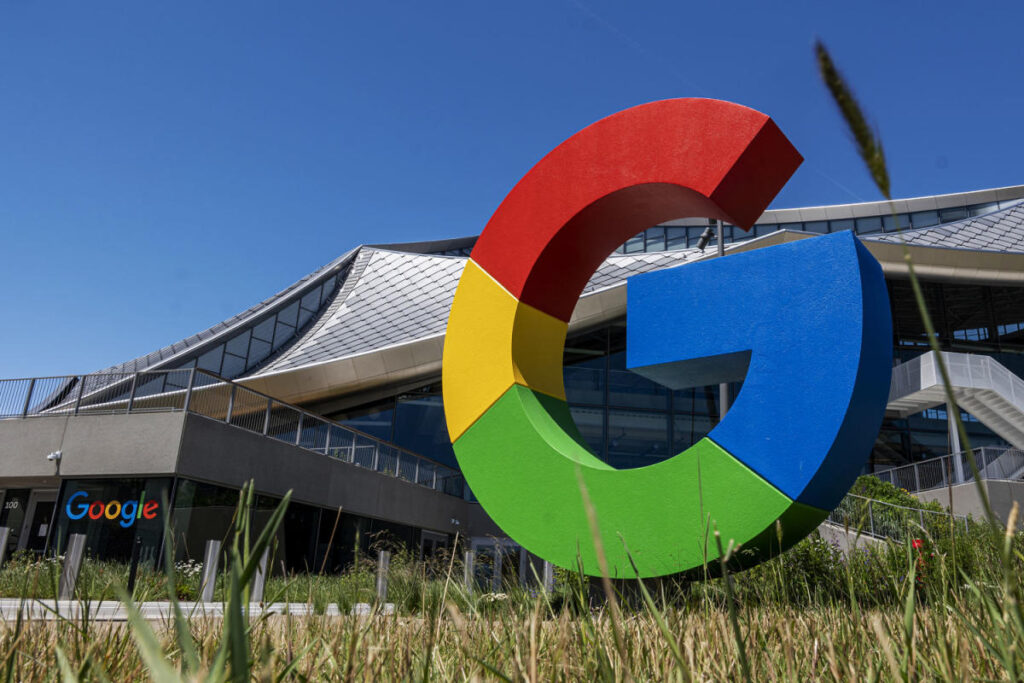The Department of Justice (DOJ) is taking significant steps to address what it sees as Google’s monopolistic control over the search market, a situation highlighted by a ruling in August that affirmed Google’s monopoly status. In a recent filing, the DOJ is specifically calling for Google to divest its Chrome browser, which the company launched in 2008. The DOJ argues that such a divestiture would create a more equitable environment for competing search engines by removing one of Google’s critical advantages in collecting user data for targeted advertising. The 23-page filing states that divesting Chrome would stop Google from controlling this essential search access point, thus providing rival search engines a fair opportunity to gain visibility and user traffic through the browser widely regarded as the gateway to the internet for most users.
Beyond the demand for Chrome’s divestiture, the DOJ’s filing outlines additional regulatory actions intended to bolster competition. These include preventing Google from entering into exclusionary agreements with major third-party companies, such as Apple and Samsung, as well as stopping the company from favoring its search service within its own product ecosystem. The proposed measures seek to eliminate practices that might reduce competition and threaten the market presence of emerging competitors. Not only does the DOJ advocate for these remedies to endure for a 10-year period, but it also requires monthly reporting to a technical committee regarding any changes to Google’s search text ads auction, emphasizing accountability in Google’s advertising practices.
Search advertising is a core revenue generator for Google, with its parent company, Alphabet, reporting $49.4 billion in revenue from this segment in the third quarter, accounting for approximately three-quarters of its total advertising revenue. The DOJ’s actions represent its most vigorous effort since its antitrust case against Microsoft, which was settled in 2001. This proactive stance reflects an evolving landscape in which regulators feel compelled to act against tech giants perceived as threats to fair competition. In light of these proceedings, the filing underscores the DOJ’s intent to address what it deems unlawful practices that inhibit rivals and new market entrants from gaining a foothold.
In addition to pushing for the divestiture of Chrome, the DOJ also briefly entertained the notion of requiring Google to divest its Android mobile operating system as an alternative strategy to restore competition. However, the filing acknowledges that such a divestiture might meet strong resistance from Google and others in the tech space. Instead, the DOJ considers that enforcing remedial measures focused on Google’s existing business practices could sufficiently mitigate the monopolistic advantages the company holds through its control of the Android ecosystem.
The scrutiny on Google’s practices intensified following a federal judge’s ruling last August, affirming that Google maintains a monopoly in the search market since 2020, when the government initiated its case against the tech through accusations of creating insurmountable barriers to competition. The ruling cited Google’s actions as violations of Section 2 of the Sherman Act, designed to combat monopolistic behaviors. This ruling has set the stage for the DOJ to propose far-reaching remedies aimed at dismantling the essentially self-sustaining dominance Google has within the search industry.
The DOJ is also looking into limiting or banning default agreements and revenue-sharing arrangements associated with search and related products. An example of such arrangements includes Google’s partnerships with Apple for iPhone searches and Samsung for their mobile devices, which reportedly cost Google billions annually. While Google has stated its intent to appeal the recent ruling, the potential outcomes of these legal developments are of increasing interest to legal experts. Many suggest that while a complete breakup of Google is improbable, the courts could mandate changes to exclusive agreements, notably the ones with Apple, or push for increased accessibility to alternative search engines for users as a way to reintroduce competition in the search market.

